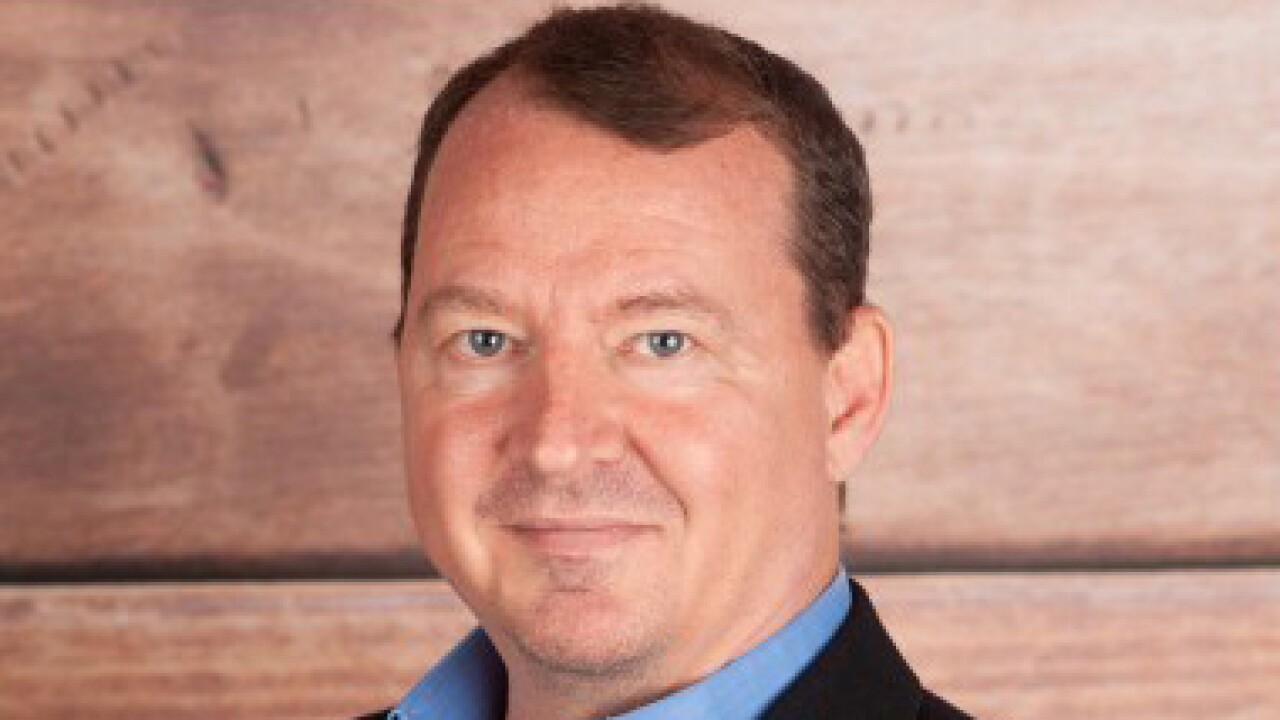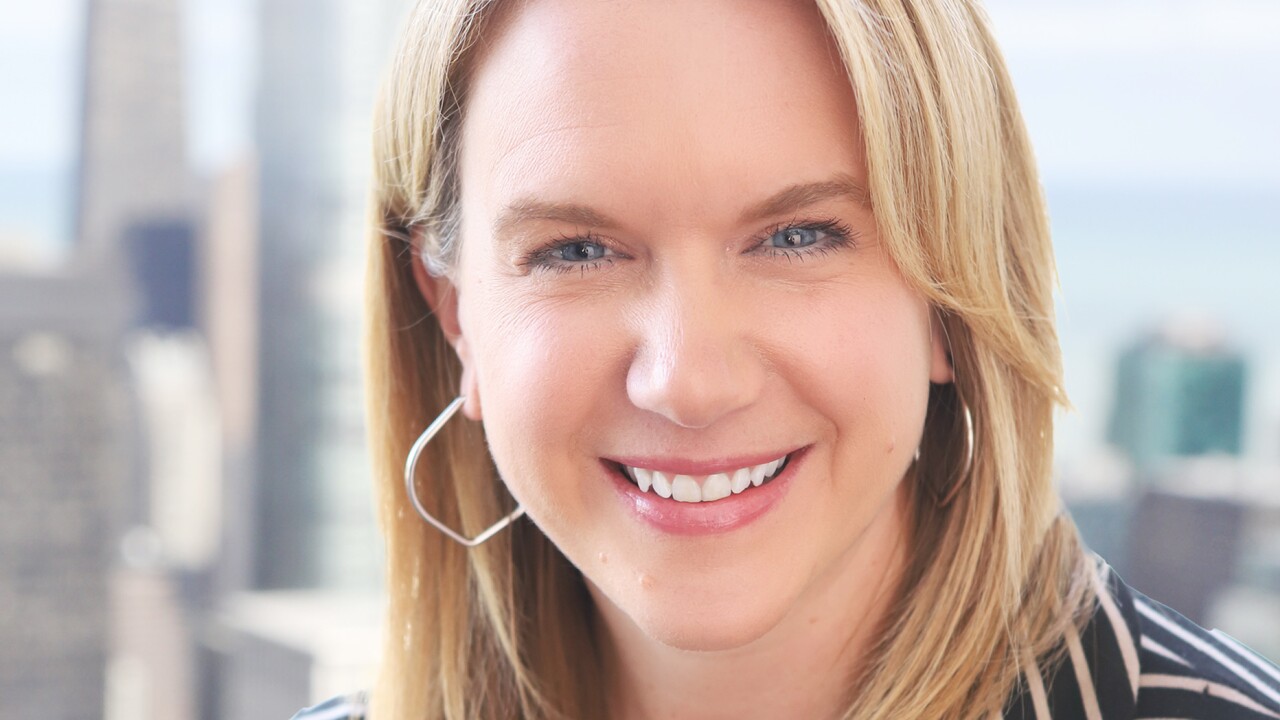CheckFree Corp.'s deal to buy Carreker Corp. would combine the top bill payment software and services vendor with one of the last independent check imaging software providers.
Acquiring Carreker's imaging software would give CheckFree, already a major user of the automated clearing house network, access to another important electronic payments system. Related Links
Executives of both companies stressed in a joint telephone interview Tuesday that the deal would give CheckFree numerous opportunities to expand from its base in bill payment into adjacent markets.
Analysts said that even though the deal makes strategic sense for both companies, the transition for bank customers into electronic payment processing is likely to be slippery.
"As those two payment types converge, we think we're in a very good position," said Randy McCoy, an executive vice president at CheckFree and the general manager of the Atlanta vendor's software division.
John D. "Denny" Carreker, the chairman, and chief executive of Carreker Corp., called the deal "a major-scale breakthrough that will position both companies to be transformational leaders."
Mr. Carreker is expected to join CheckFree, though his new role has not yet been defined. The Carreker name would be retained, Mr. McCoy said. "We recognize and appreciate the value of the Carreker brand."
Mr. McCoy said that one area where imaging and ACH capabilities could work well together would be fraud detection and risk mitigation. While both CheckFree and Carreker have fraud applications within their respective fields, Mr. McCoy said the companies have found it difficult to monitor fraud on transactions that involve both checks and ACH payments, such as checks that are converted to ACH debits.
Combining the two capabilities could address this issue, he said. "We think the ability to deliver against that vision is greatly enabled by the combination of the two companies."
Mr. McCoy also said that CheckFree plans to incorporate its fraud mitigation technology into Carreker's cross-payment risk management system, and that he expects "to be in market pretty quickly."
CheckFree has started offering merchants back-office software to convert customer checks into ACH files, and Mr. McCoy said the company recently signed its first bank customer for that software. It would complement Carreker's remote capture software, which companies use to transmit check images to a bank.
"We're going to put together our technologies and think we can get there with a partner bank or two and get to the market fairly quickly - almost immediately," he said.
John Kraft, a Wall Street analyst at D.A. Davidson & Co., said buying Carreker could help CheckFree expand its software operations and diversify beyond its core online bill payment business. In its fiscal first quarter CheckFree got 74.8% of its $228.6 million of revenue from its bill payment business.
Carreker reported revenue of $28.3 million in its fiscal first quarter, which ended Oct. 31. About 63.4% of that total, $17.9 million came from software sales, and $8.9 million came from consulting services.
Colin Kerr, an analyst at TowerGroup, a Needham, Mass., unit of MasterCard Inc., said that a vendor with combined ACH and imaging capabilities could help banks manage the transition from traditional paper-based payment systems to electronic ones.
"The lines are blurring between paper and electronic processing," Mr. Kerr said. "This looks like a good alignment of what have been separate silos."
Carreker put itself on the block in June, bowing to pressure from dissident shareholders demanding a sale, though executives said then that they had begun a strategic review of alternatives in November 2005.
"We've been very deliberate about looking at different options," Mr. Carreker said Tuesday. Though investment bankers at Bear Stearns Cos. had suggested several alternatives, selling the company to CheckFree "by far is the most exciting."
Carreker shareholders would receive $8.05 in cash for each of their shares. The $206 million price would be a 5.4% premium over Friday's closing price of $7.64, but a 30% premium over the $6.19 price June 18, the day before the Los Angeles hedge fund Chapman Capital LLC publicly called for Carreker to sell itself. (The stock markets were closed Tuesday in observance of the national day of mourning for former President Gerald R. Ford.)
Chapman did not return calls for comment Tuesday.
The transaction is expected to be dilutive to CheckFree's profits this fiscal year, which will end June 30, and the next.
Mr. Kraft said that Carreker's ongoing dispute with its dissident shareholders, and a financial restatement last year, had scared off potential customers and driven down sales. Under new ownership, its software could attract new interest, he said.
"Carreker software will sell better at CheckFree than it did at Carreker, I think," he said.
Mr. Kerr said the acquisition also could help CheckFree expand internationally. Carreker has an offshore processing joint venture, Carretek LLC, in conjunction with the Indian outsourcer Mastek Ltd.
"CheckFree has tried to become a more global company in the past, and maybe this will help them," Mr. Kerr said.
But CheckFree would face challenges in adapting to non-U.S. markets, where paper drafts and electronic transactions are similar, but not identical, to U.S. checks and ACH payments, he said. "It will be interesting to see how the combined global product flies."
Bob Meara, a senior analyst at the Boston research and consulting firm Celent LLC, said that both Carreker and CheckFree have faced difficulties in updating their software to meet the evolving needs of banks since the Check Clearing for the 21st Century Act took effect in October 2004.
"If CheckFree wanted a terrific Check 21 payments platform, they would look elsewhere. If they simply wanted incumbency in the top banks, they've got that in spades" because many banks use Carreker's check processing software, he said.
As check processing volume declines, CheckFree may find better opportunities in using Carreker's consulting practice to help banks re-engineer their back-office operations to move to electronic clearing processes, Mr. Meara said.
"Challenges abound that way, but by the same token, opportunities abound," he said.
The $206 million deal is expected to close this quarter.





